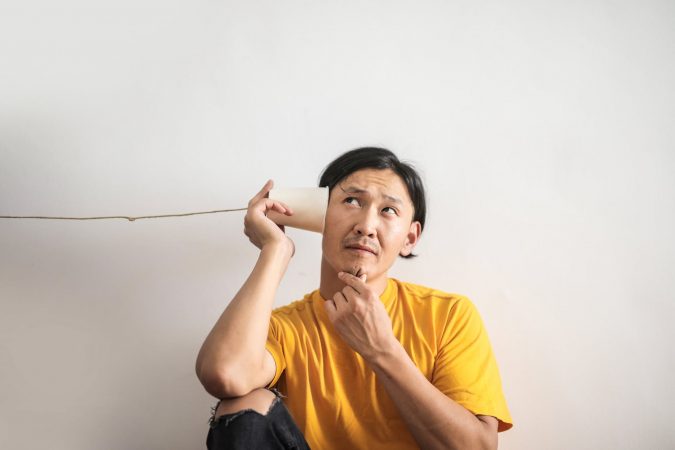
Loss of hearing has been an issue ever since the invention of gunpowder. Their are a handful of records about people losing their hearing/going deaf because of the explosions. We are just not capable of withstanding the constant barrage of high decibel sounds like firearms and explosives without consequences.
Your hearing depends on tiny “hairs” of different lengths to pick up different frequencies. Those hairs can be damaged by loud noises at those frequencies and breaking making your ear not sensitive to those frequencies. High frequencies need smaller lengths to resonate and break earlier while low frequencies with longer/thicker hairs are harder to break making it common for higher pitches to go unheard/misheard. For gunfire (small arms) those frequencies tend to be higher pitch and some earplugs take advantage of this by protecting against high frequency damage while allow lower frequencies (voice) through. It is likely that deafness from war is prevalent and specific to these frequencies, so many can get by on the lower frequencies since that encompasses a lot of voices. For high pressures from explosions (greater than 12 psi) it is my guess (eg not science worthy) that a ruptured eardrum is likelier than these hairs receiving this pressure wave and breaking making hearing recoverable if the drum is reparable.
Although treatment for hearing loss also started to see improvement in this time, with both the Army and Navy opening Aural Rehabilitation Centers during the war, the original focus was to increase manpower by treating those who were on the cusp of military requirements for hearing capabilities. It would only be as the war started to wind up, and veterans began returning home with serious hearing loss that treatment of veterans increased. That all said, while it is very clear that there were significant negative effects on the hearing of World War II veterans, it is hard to say exactly how extensive it might be as records on that specific issue apparently are lacking.
However, you can be compensated for your hearing loss!
How? Find out below:
Step 1: Click here.
Step 2: On the next page, answer a few questions about your personal situation (takes 30 seconds)